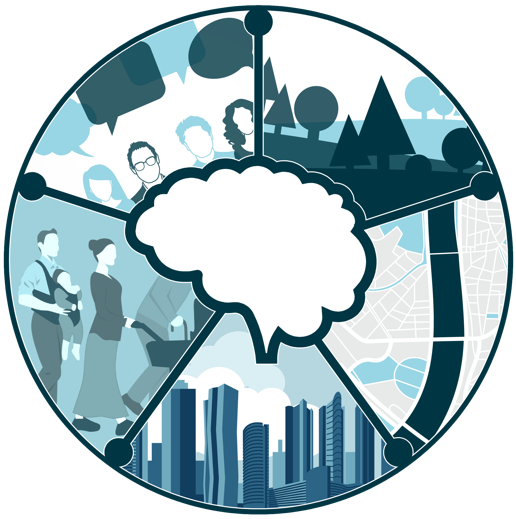
Leverhulme Doctoral Training Programme
for the Ecological Study of the Brain
(ECOLOGICAL BRAIN DTP)

ECOLOGICAL BRAIN is a cross-disciplinary initiative that investigates brain and behaviour in the real world. Supervisors come from five different Faculties at UCL: The Faculty of Brain Sciences, The Faculty of Engineering, The Institute of Education, The Faculty of Historical and Social Sciences, the Bartlett School of Architecture.
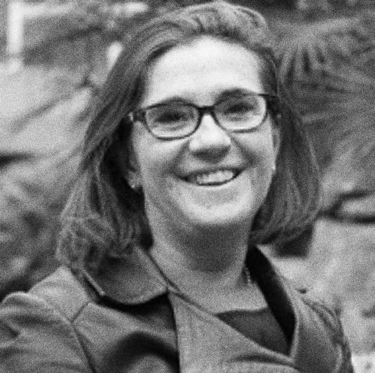
Ecological Brain Programme Director, Professor of Psychology of Language, Department of Experimental Psychology

Ecological Brain Programme Deputy Director, Reader in Neuroscience, Department of Experimental Psychology
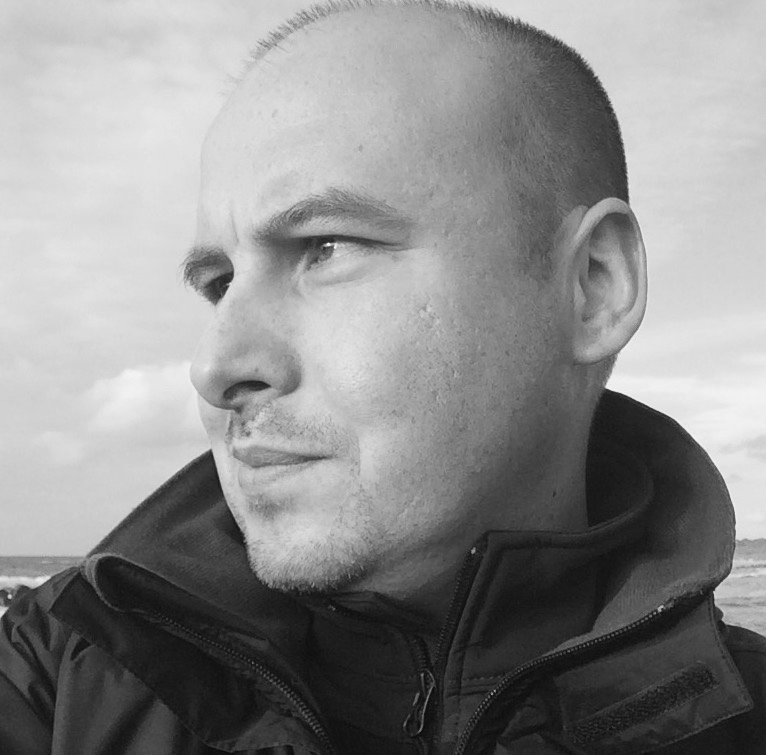
Mirco Musolesi is Full Professor of Computer Science at the Department of Computer Science at University College London. He leads the Machine Intelligence Lab, which is part of the Autonomous Systems Research Group.
Prof Musolesi's research areas include: Machine Learning; Generative Artificial Intelligence, Computational models.
More information about his research activities can be found here.
Professor Wellcome Centre for Human Neuroimaging

Associate Professor in the Institute of Behavioural Neuroscience and Department of Experimental Psychology
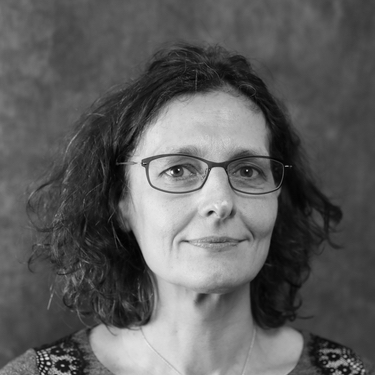
Professor in Affective Computing and Interaction, UCL Interaction Centre

Professor of Cognitive and Computational Neuroscience, Director of the Institute of Cognitive Neuroscience, Institute of Neurology
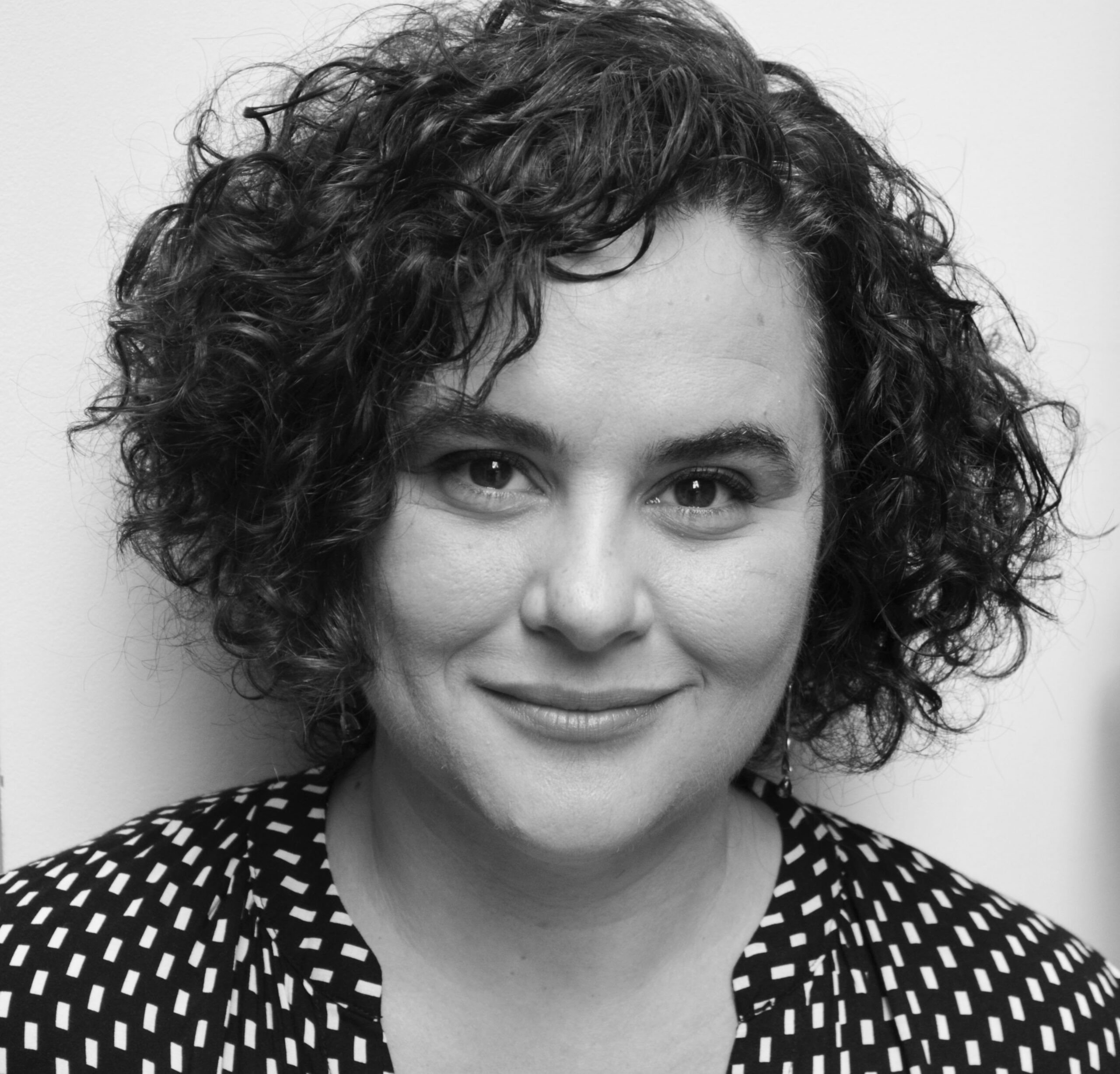
Associate Professor, Deafness, Cognition & Language Research Centre & Department of Experimental Psychology, UCL
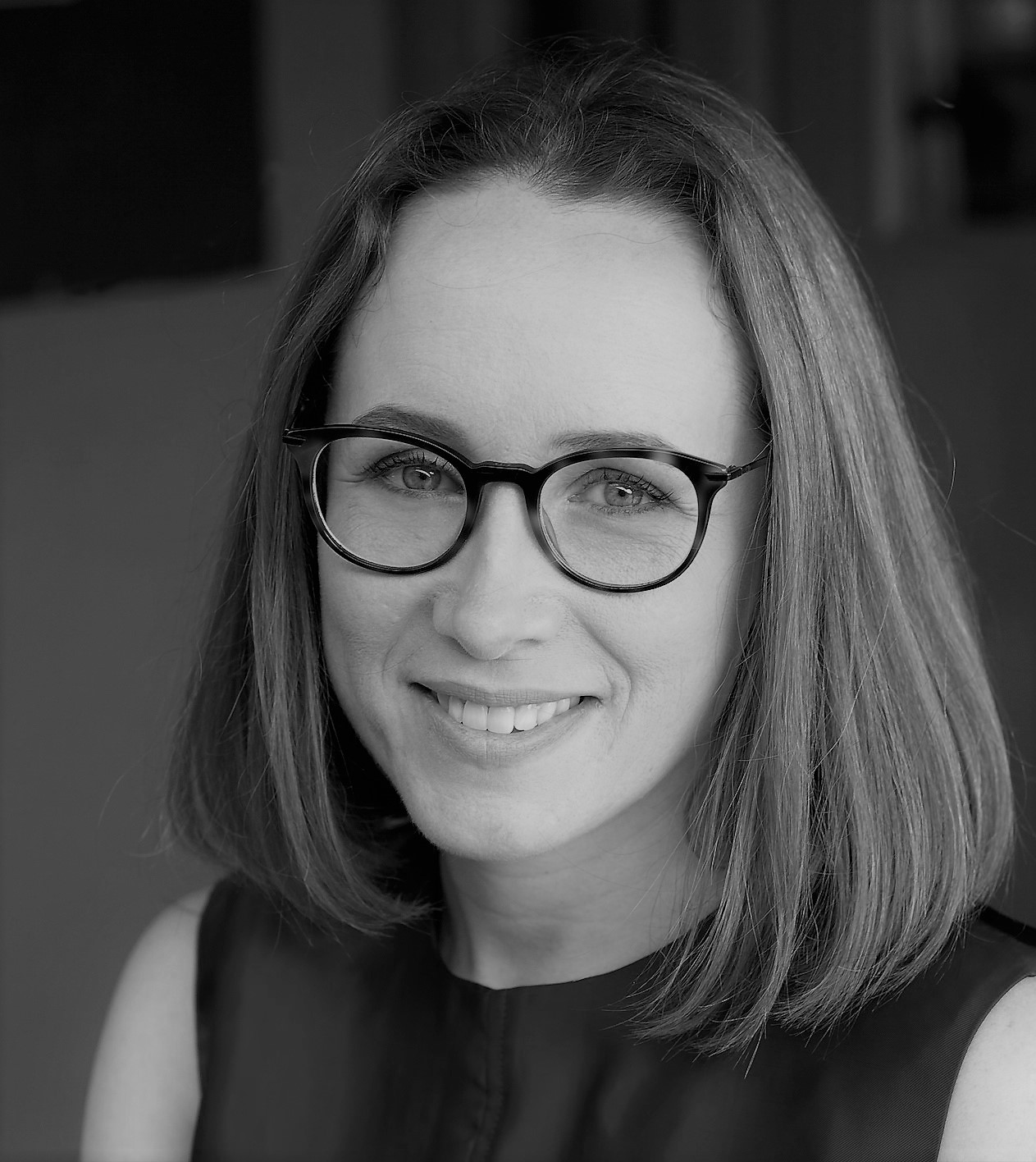
Professor of Auditory Cognitive Neuroscience, UCL Ear Institute

Lecturer, Department of Medical Physics and Biomedical Engineering, UCL
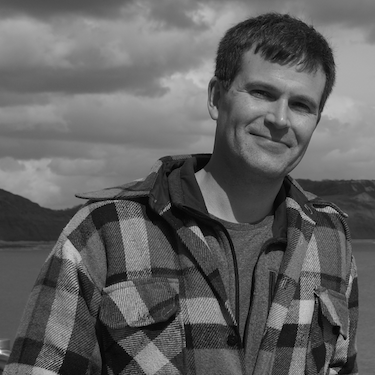
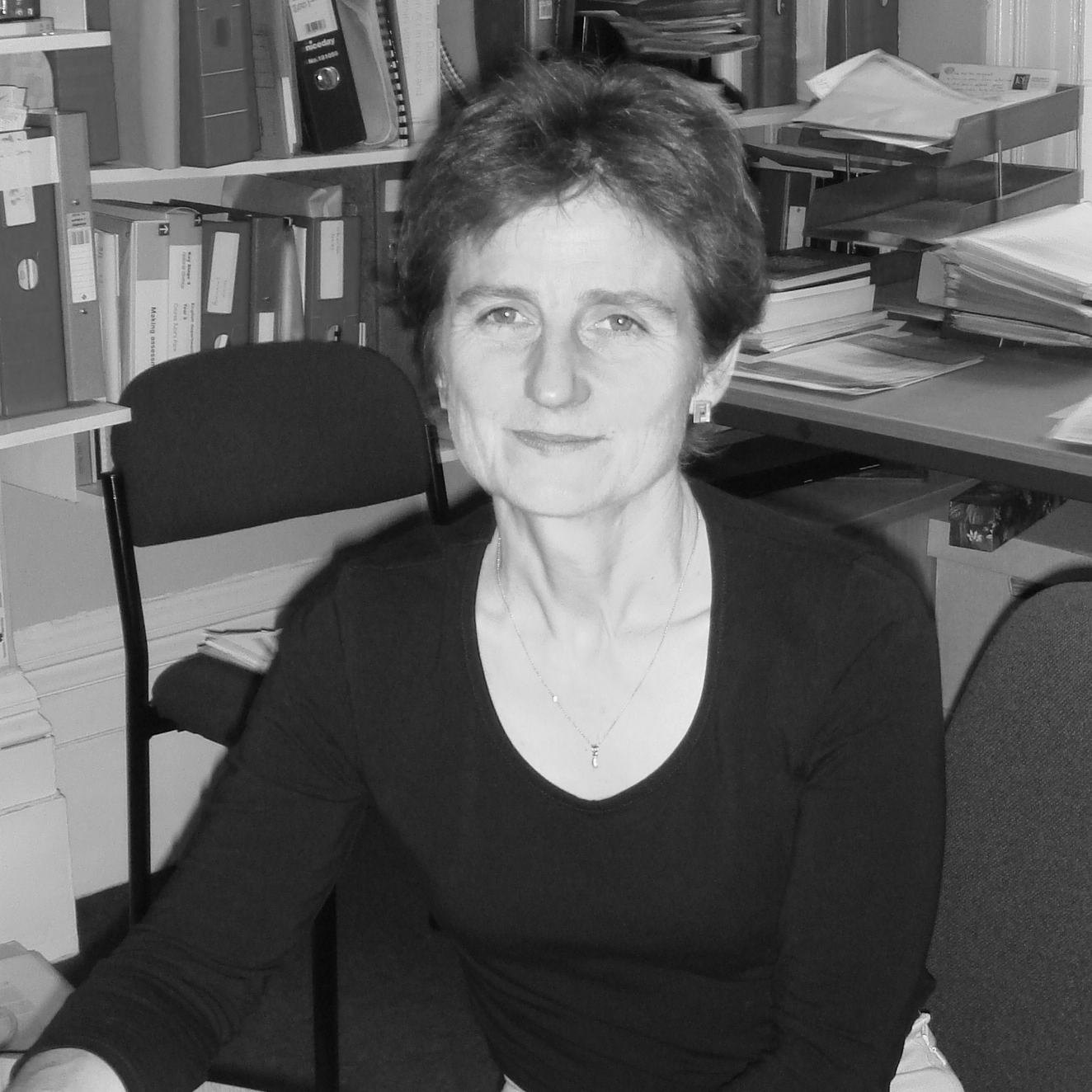
Professor of Psychology and Special Needs, Institute of Education

Sir Henry Dale Fellow, Department of Experimental Psychology and Wellcome Centre for Human Neuroimaging, UCL
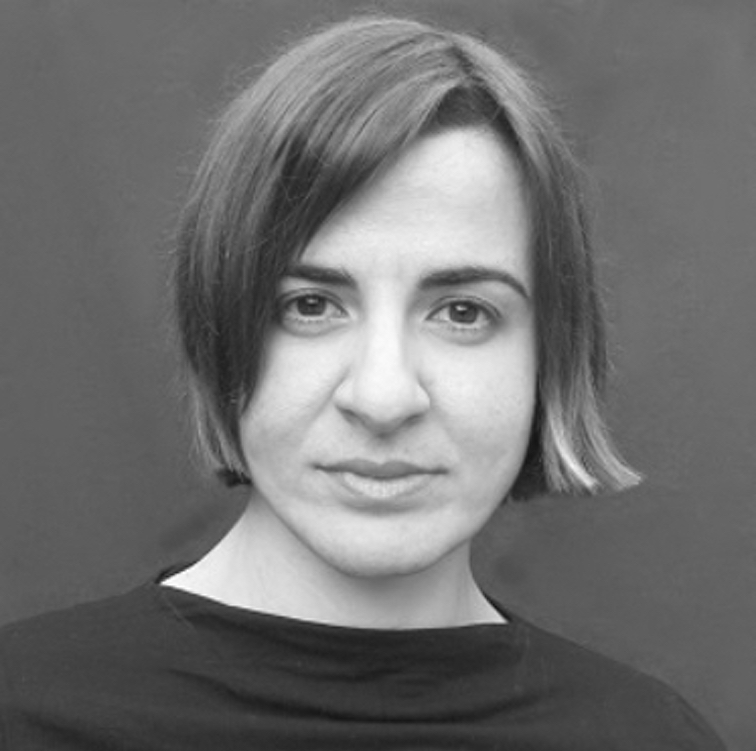
Member of the Executive Board, Professor of Developmental Psychology, Institute of Education

Professor of Neuroscience, Wellcome Principal Research Fellow, and Honorary Consultant in Neuropsychiatry, Institute of Neurology
Karl Friston is a theoretical neuroscientist and authority on brain imaging. He invented statistical parametric mapping (SPM), voxel-based morphometry (VBM) and dynamic causal modelling (DCM). Friston currently works on models of functional integration in the human brain and the principles that underlie neuronal interactions. His main contribution to theoretical neurobiology is a free-energy principle for action and perception (active inference). Friston received the first Young Investigators Award in Human Brain Mapping (1996) and was elected a Fellow of the Academy of Medical Sciences (1999). In 2000 he was President of the international Organization of Human Brain Mapping. In 2003 he was awarded the Minerva Golden Brain Award and was elected a Fellow of the Royal Society in 2006. In 2008 he received a Medal, College de France and an Honorary Doctorate from the University of York in 2011. He became of Fellow of the Royal Society of Biology in 2012, received the Weldon Memorial prize and Medal in 2013 for contributions to mathematical biology and was elected as a member of EMBO (excellence in the life sciences) in 2014 and the Academia Europaea in (2015). He was the 2016 recipient of the Charles Branch Award for unparalleled breakthroughs in Brain Research and the Glass Brain Award, a lifetime achievement award in the field of human brain mapping. He holds Honorary Doctorates from the University of Zurich and Radboud University.

Senior Research Fellow, Institute of Cognitive Neuroscience
I am a senior research fellow at the Institute of Cognitive Neuroscience. My research focuses on the cognitive neuroscience of executive functions, memory, and social cognition, using behavioural, functional neuroimaging, and computational modelling approaches. A key theme of recent research is "intention offloading": How do we decide whether to use our own memory or set external reminders to remember delayed intentions? Answering this question can help us to understand how memory processes operate in the real world, and how they are augmented with external resources. As our cognitive processes become increasingly intertwined with external tools, resources, and technologies, studying these processes will play an important role in understanding adaptive human behaviour in everyday life.

Professor of Computational Vision, Department of Computer Science
I use mathematical, computational and psychophysical methods to understand vision, and for applied image analysis (esp. security compass.cs.ucl.ac.uk/). I have wide interests in vision but especially image structure, colour vision, anomaly detection, object recognition and face perception. In recent years I have made increasing use of machine learning methods, including deep learning, but prefer the insight that derives from more explicit models. Image Structure: understanding visual processing as a form of differential calculus computed with non-infinitesimal operators; using those operators to probe the local symmetry type of image locations; organizing the results within an 'atlas'-like geometry of the visual field. Colour Vision: linking from materials (reflectance), through optics, sensation, perception (colours) to cognition (naming). What geometries can be operationalized for colour space, and what determines them? Why are the basic colour categories so universal?
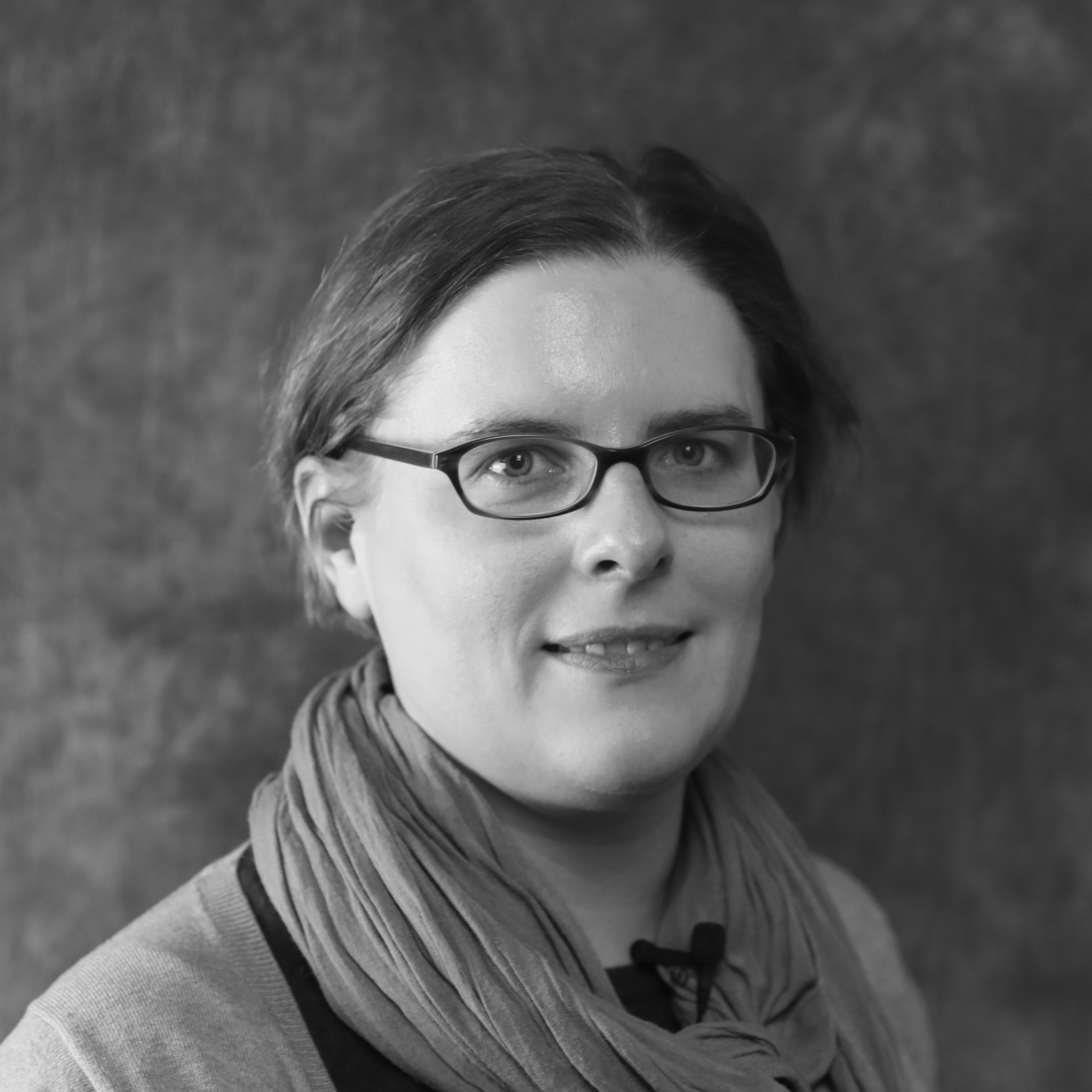
Reader in Social Neuroscience, Institute of Cognitive Neuroscience
Dr Antonia Hamilton studies the brain and cognitive mechanisms of human nonverbal social interactions such as imitation and gaze. Her current work explores the interactions of two or more people using new technologies including virtual reality, motion capture, mobile eye tracking and fNIRS as well as more traditional approaches.
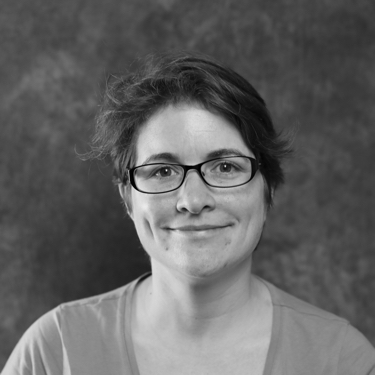
Senior Lecturer, Department of Computer Science
Catherine Holloway's research revolves around 'disability innovations'. The starting point for this is understanding the issues faced by disabled people. This can include navigating new cities, reading a book, or surfing the web. Disability is an exciting area, as disabled people are always looking to do things differently and get around barriers, and this makes for interesting problems. Current research which is linked to the ecological brain includes: understanding how people with dementia navigate every day indoor scenarios; measuring the cognitive load of using different wheelchairs in cities; developing new navigation aids for the blind which take account of how they perceive the world; investigating brain plasticity when using a '6th finger' to design better rehabilitation programmes; understanding how humans and robots interact.

Member of the Executive Board, Professor of Digital Urban Systems and Director of The Bartlett Centre for Advanced Spatial Analysis
Professor Andrew Hudson-Smith is Director of The Bartlett Centre for Advanced Spatial Analysis (CASA) at University College London. Andy is a Professor of Digital Urban Systems and Editor-in-Chief of Future Internet Journal, he is also an elected Fellow of the Royal Society of Arts and a member of the Greater London Authority Smart London Board. With a research focus on location based digital technologies he has been at the forefront of web technologies for communication, outreach and linked to the digital built environment. He has been a Co-I/Pi on over 20 research grants recent grant output focused on the Internet of Things and urban spaces. His contribution to knowledge and outreach in the fields of the Internet of Things, smart cities, big data, digital geography, urban planning and the built environment have been wide ranging with an impact strategy focused on policy, outreach and the public understanding of science. His research can be found at http://www.digitalurban.org or @digitalurban on Twitter

Sir Henry Dale Fellow, Wellcome Centre for Human Neuroimaging, UCL
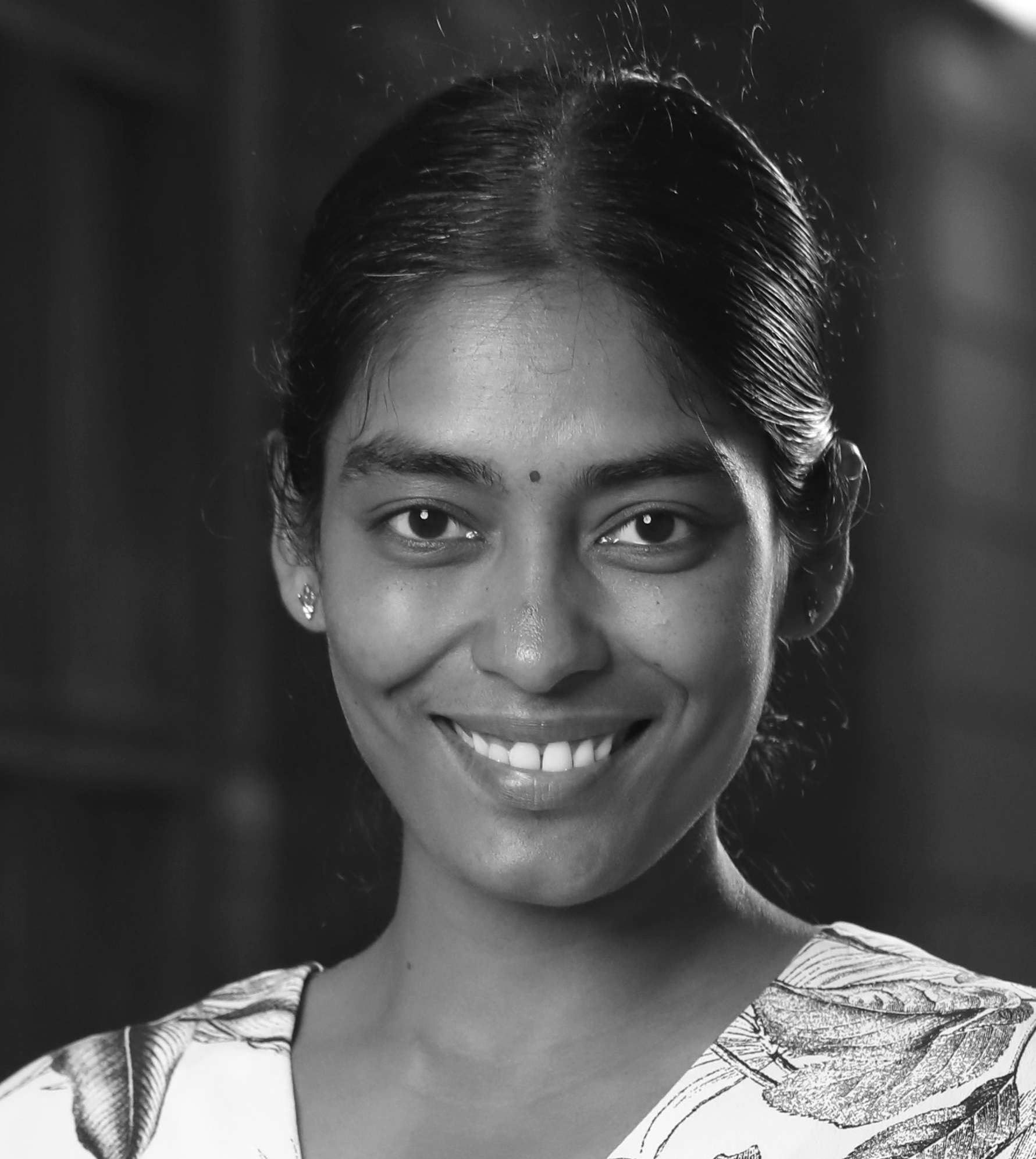
Principal Research Fellow, Department of Clinical & Movement Neuroscience, Institute of Neurology, UCL
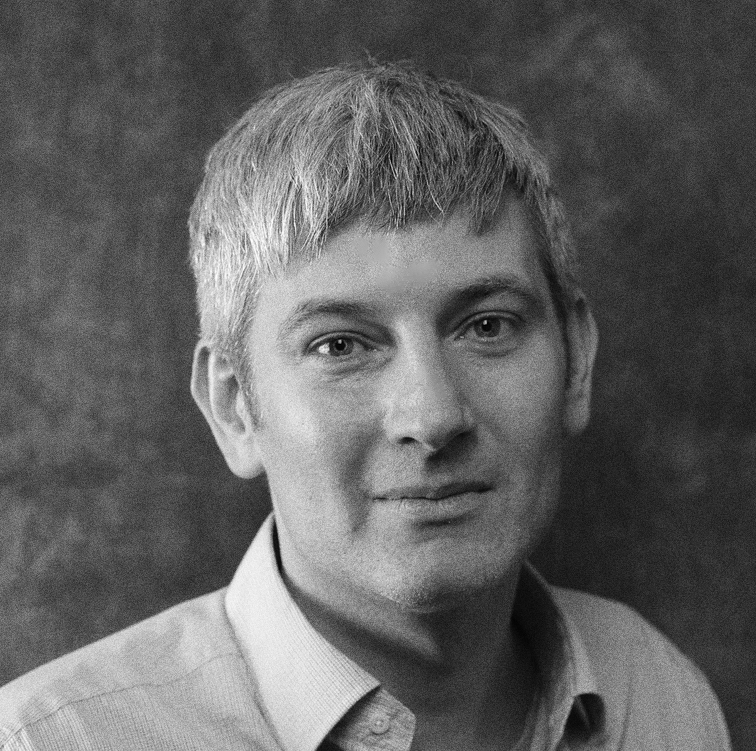
Professor of Cognitive and Decision Sciences, Department of Experimental Psychology
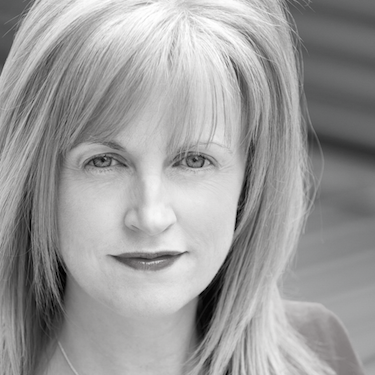
Professor of Cognitive Neuroscience, Institute of Neurology
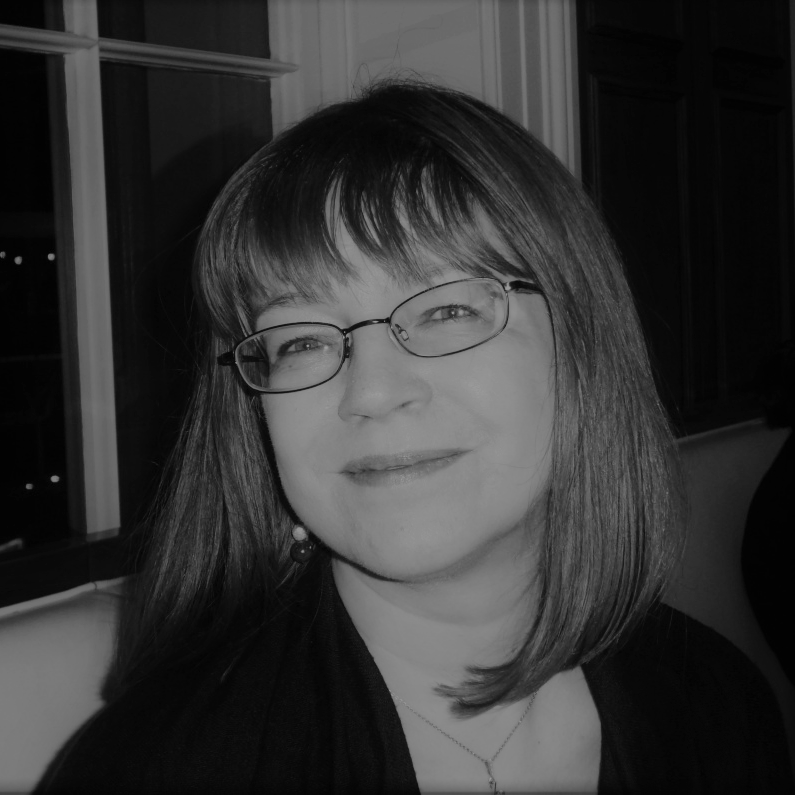
Professor of Psychology, Language and Education, Institute of Education
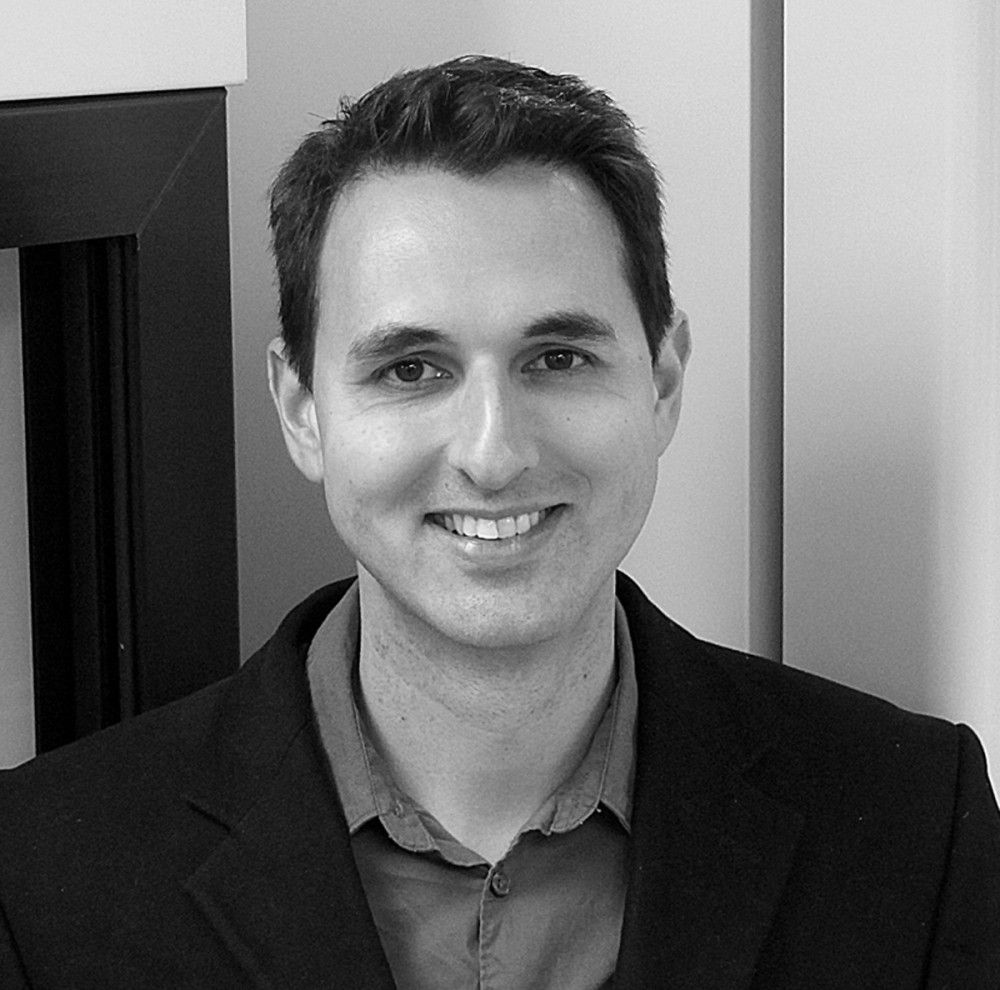
Associate Professor Experimental Psychology, Faculty of Brain Sciences
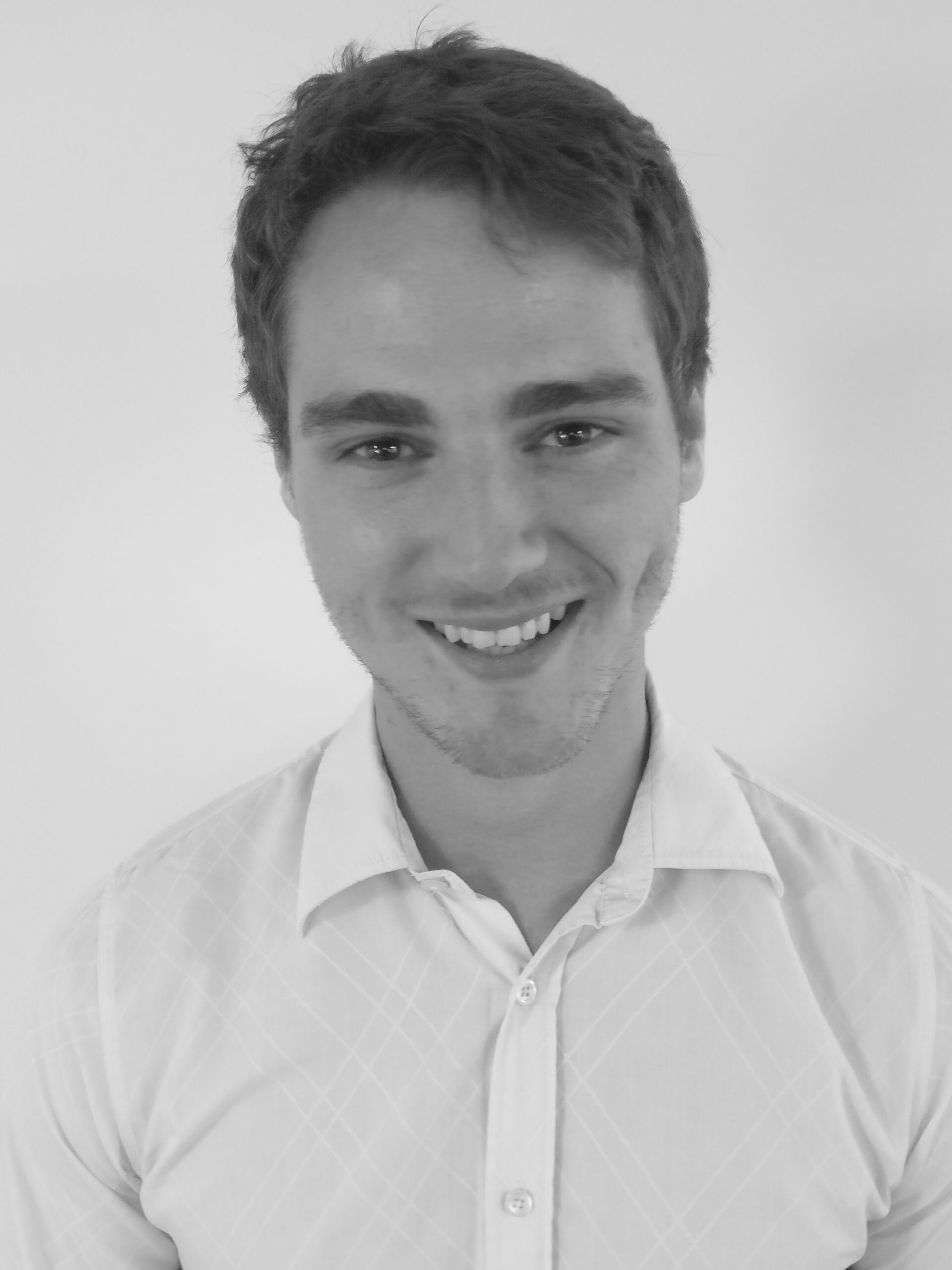
MRC Clinician Scientist Fellow and Lecturer in Clinical Psychology.
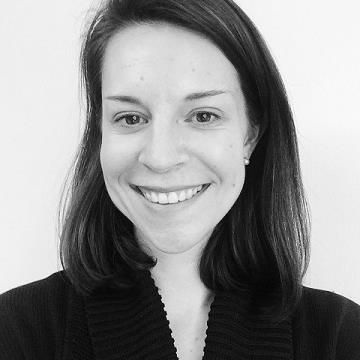
DR EMILY MIDOUHAS
Associate Professor of Developmental Psychology, Institute of Education
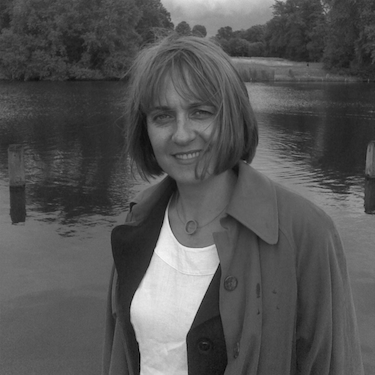
Professor of Architecture and Spatial Design, The Bartlett Centre for Advanced Spatial Analysis
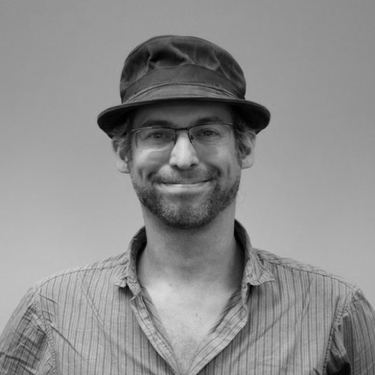
Reader in Cognitive Science, Department of Experimental Psychology
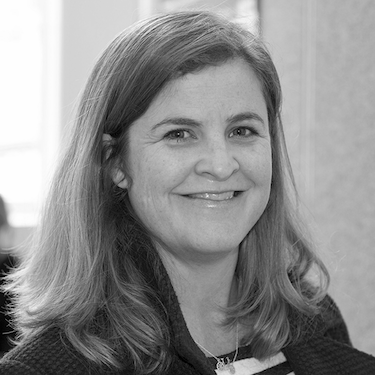
Reader in Experimental Psychology, Department of Experimental Psychology
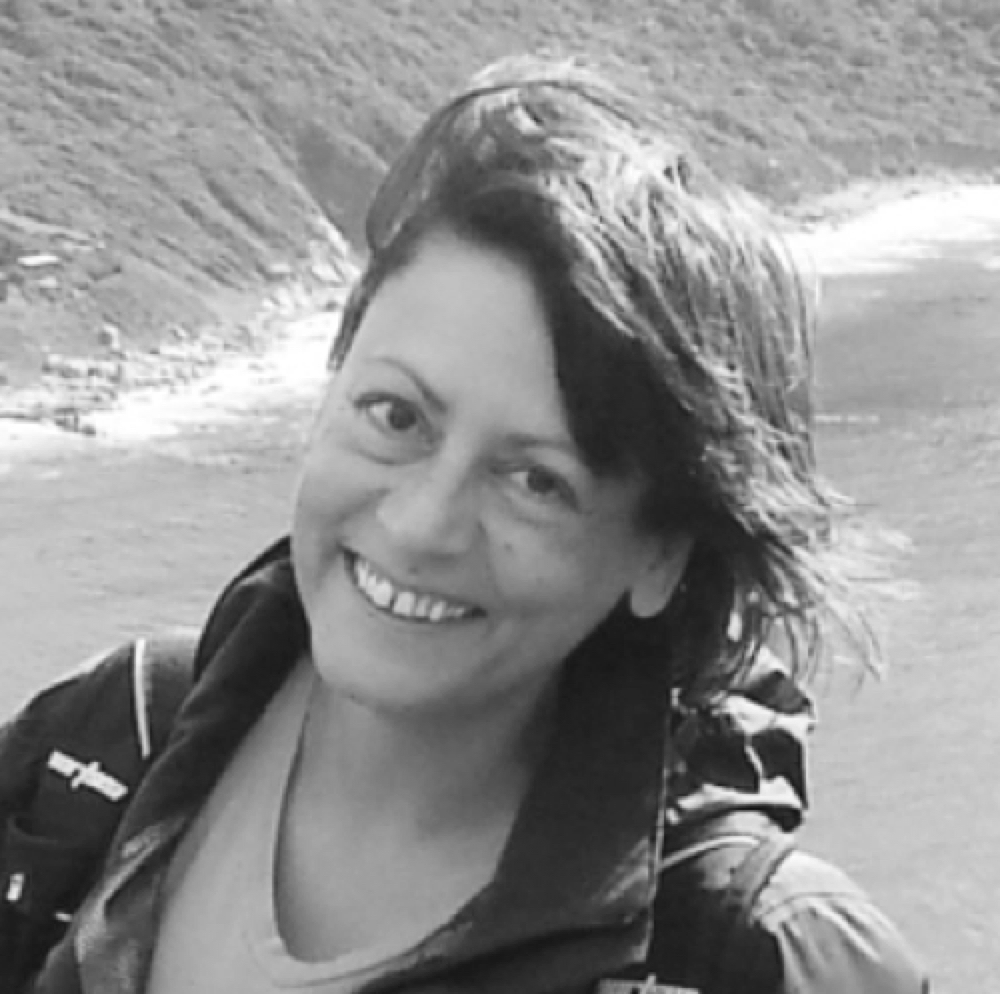
Member of the Executive Board, Professor of Interaction Design and Director of UCL Interaction Centre, Department of Computer Science

Reader in Social and Spatial Networks, The Bartlett Centre for Advanced Spatial Analysis
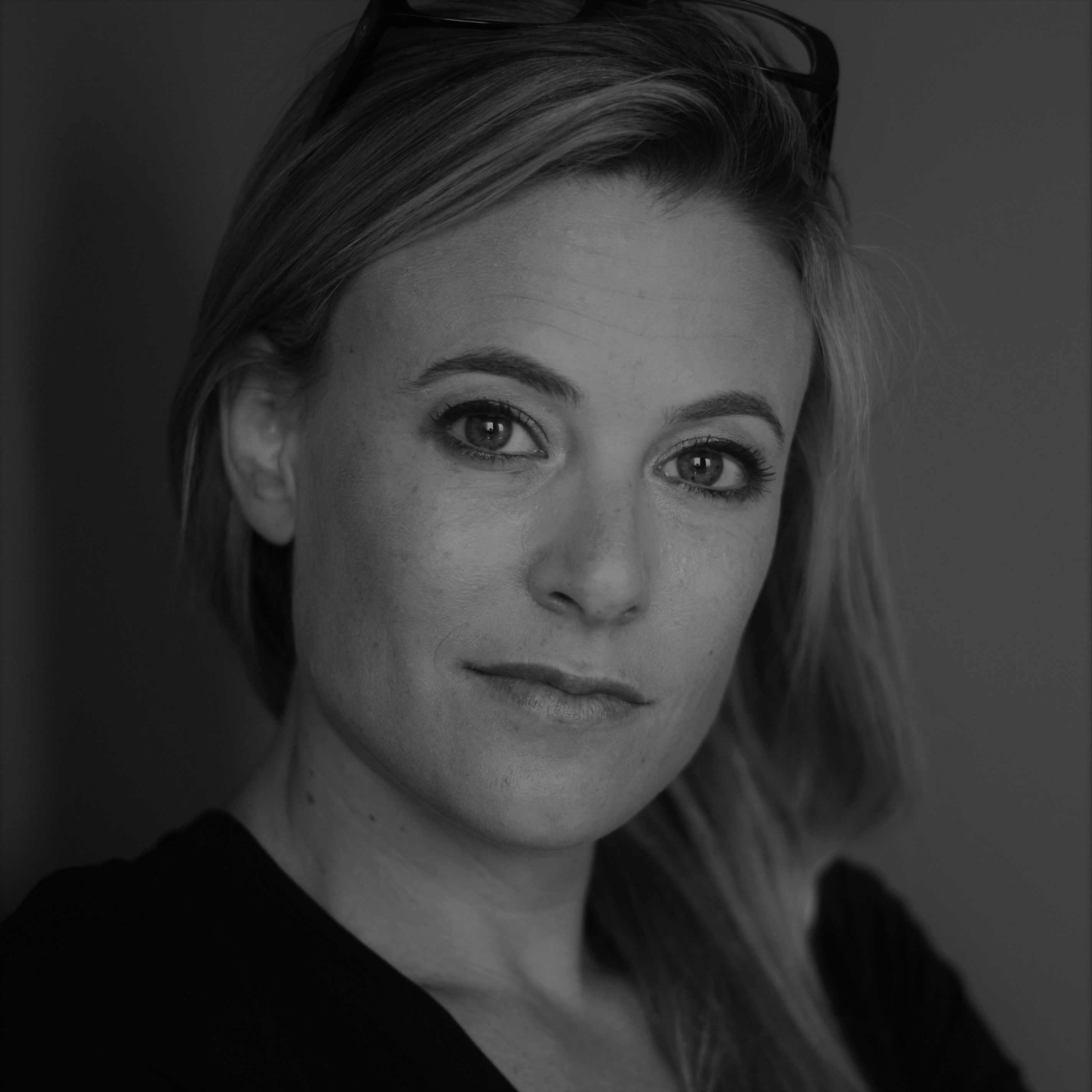
PROF TALI SHAROT
Professor Cognitive Neuroscience at the Department of Experimental Psychology
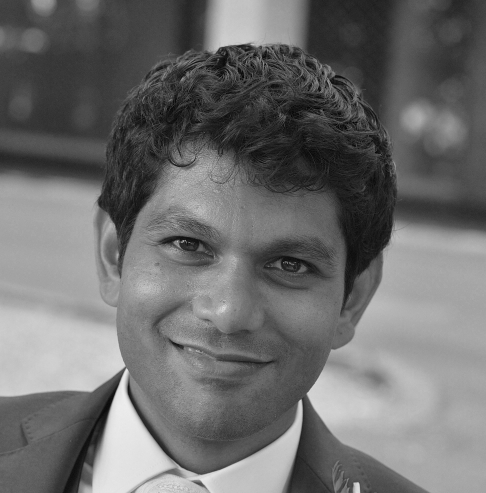
Associate Professor & Sir Henry Dale Fellow in the Institute of Behavioural Neuroscience and Department of Experimental Psychology, UCL
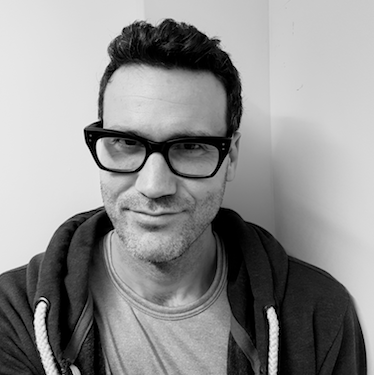
Senior Lecturer/Associate Professor, Department of Experimental Psychology

Member of the Executive Board, Professor of Virtual Environments and Computer Graphics, Department of Computer Science
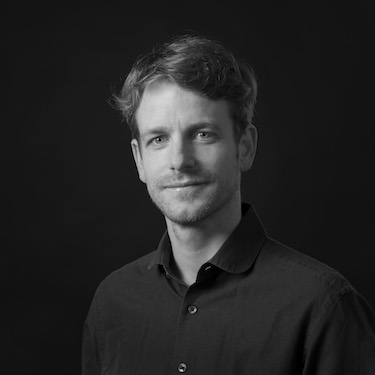
Senior Lecturer and Independent ERC Fellow, Clinical, Educational and Health Psychology
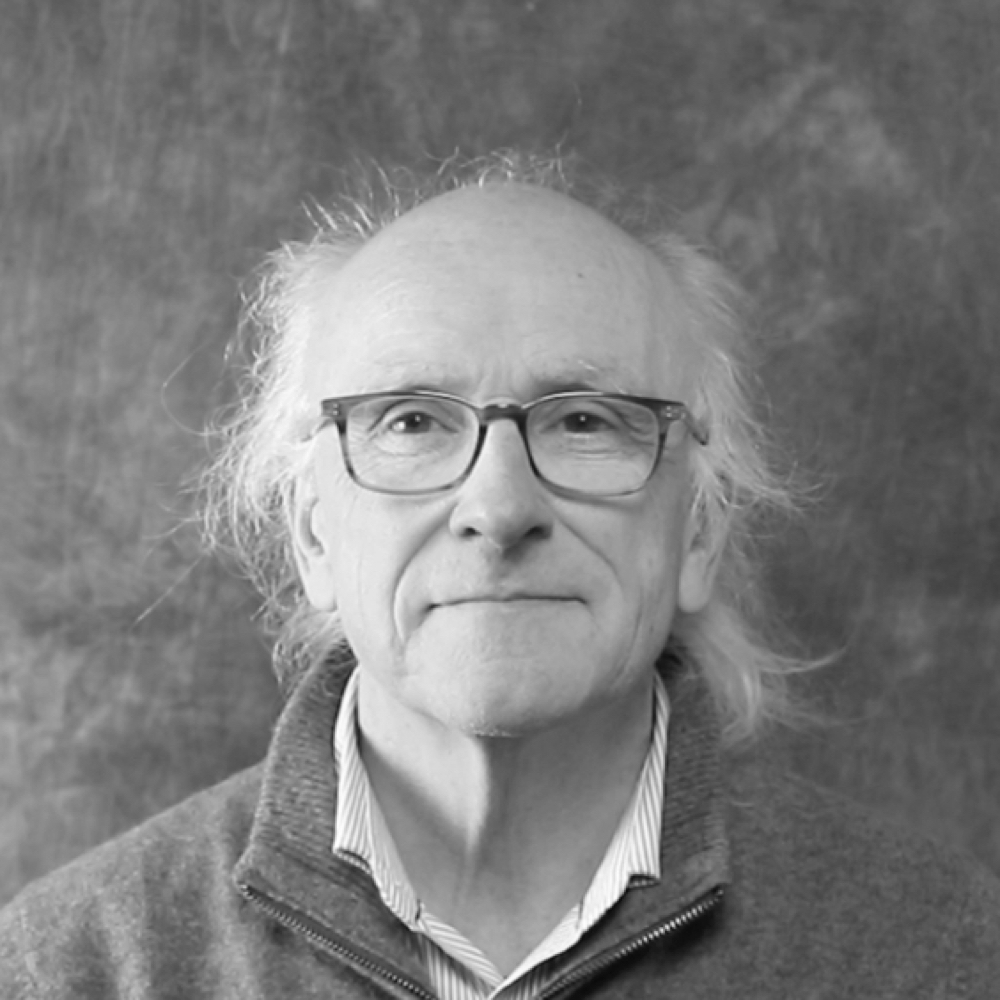
Member of the Executive Board, Chadwick Chair of Civil Engineering, Department of Civil, Environmental & Geomatic Engineering

Senior Lecturer, Department of Computer Science

DR FIONA ZISCH

Chair Advisory Board
Wendy Jephson is Head of Behavioural Sciences for Market Technology Risk and Surveillance solutions at Nasdaq. Wendy is responsible for leading a unique team of experts that combines behavioural science, financial domain knowledge, and advanced analytics to bring diverse thinking and cross-industry experience to designing and delivering technology that solves some of the biggest challenges in financial services. Dual qualified as a commercial lawyer and Business Psychologist with domain expertise in healthcare and financial services, in her role as Co-Founder Wendy was instrumental in the original vision, growth phase and the recent acquisition of Sybenetix by Nasdaq. As Head of Behavioural Sciences at Nasdaq Wendy and her team work closely with clients using behavioural science methodology to dive deeply into complex challenges facing the financial industry. Together they are designing innovative technology for Conduct Risk and Financial Crime that can deliver efficiency, consistency and greater resilience to our organisations. Recognised as a leader in her field, Wendy regularly delivers keynotes to Regulators, Buy and Sell-side organisations and leading universities around the world on topics as diverse as AI, Surveillance, Technology Design, Cognitive Engineering, Organisational Resilience and Conduct and Culture.

Member Advisory Board
Adam is an architect and designer who’s the creative force and founder of FreeState, the pioneering experience masterplanning agency. Based in London but working globally, Adam and his team advise some of the world’s most innovative brand-builders and city-makers – including Sony, Virgin Atlantic, MTV, Brookfield Property, The Crown Estate and Melbourne Airport. Adam takes a singular approach to the art and science of experience masterplanning, whether he’s working on commercial, transport or university campuses. It begins with translating the ideal experience into an ‘underlay’ for everything that follows. That ensures every touchpoint – from architecture to interiors to technology to curation to hosting – meets the needs of the audience and gives them the greatest journey. He’s an evangelist for the cause and travels the world meeting with key decision makers and giving talks on the future of experience design. A lifelong advocate of the truly transformational experience, his abiding passions are the experiential wonders of the English landscape garden, the Shaman, and the Las Vegas casino.

Member Advisory Board
Since 2017 Albrecht Schmidt is full professor for Human-Centered Ubiquitous Media in the computer science department of the Ludwig-Maximilians-Universität München in Germany. He held several prior academic positions at different universities, including Stuttgart, Duisburg-Essen, and Bonn and also worked as a researcher at the Fraunhofer Institute for Intelligent Analysis and Information Systems and at Microsoft Research in Cambridge. In 2018 he was elected to the ACM CHI Academy. Albrecht Schmidt is excited about amplifying the human mind and improving cognition and perception through information technology. In his research, he investigates the inherent complexity of human-computer interaction in ubiquitous computing environments, particularly in view of increasing computer intelligence and system autonomy. Over the years, Albrecht worked on automotive user interfaces, tangible interaction, interactive public display systems, interaction with intelligent systems and artificial intelligence, and physiological interfaces.
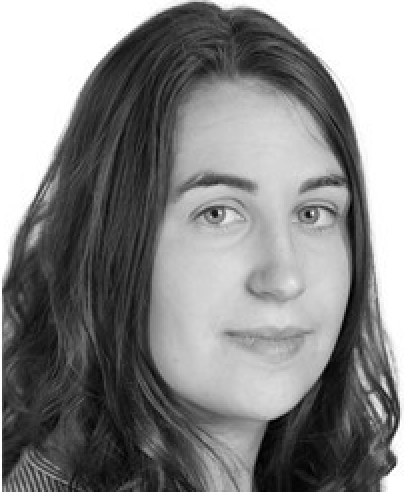
Member Advisory Board
Harriet is a Senior Policy Officer at the Office of the Children’s Commissioner; this is a statutory body responsible for promoting and protecting the rights of children as set out in the United Nations Convention on the Rights of the Child. The office has a particular focus on the most vulnerable children – those who are living away from their families in care, mental health institutions, or youth offending settings and those children who have a social worker. Harriet works across a wide range of policy areas, but with a particular focus on early years policy, domestic abuse and children living in secure settings. Her work involves authoring reports to highlight the needs of these children and make policy recommendations, and then working with civil servants, parliamentarians, charities and other groups in order to advocate these proposals. Harriet has worked in children’s policy for think tanks and charities, and also spent two years working as a child protection social worker, and has a keen interest in learning more about the most effective ways to support children facing adversity.

Ecological Brain PhD student 2018-2022

Ecological Brain PhD student 2018-2022

Ecological Brain PhD student 2018-2022
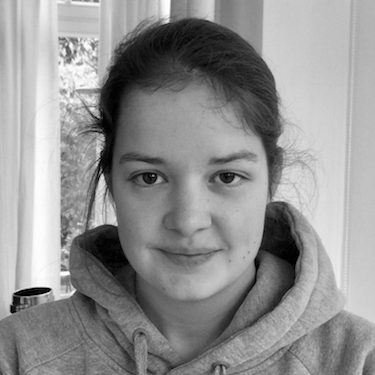
Ecological Brain PhD student 2018-2022
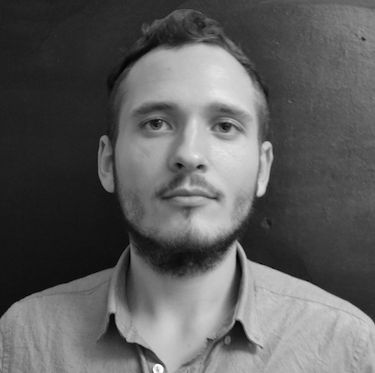
Ecological Brain PhD student 2018-2022
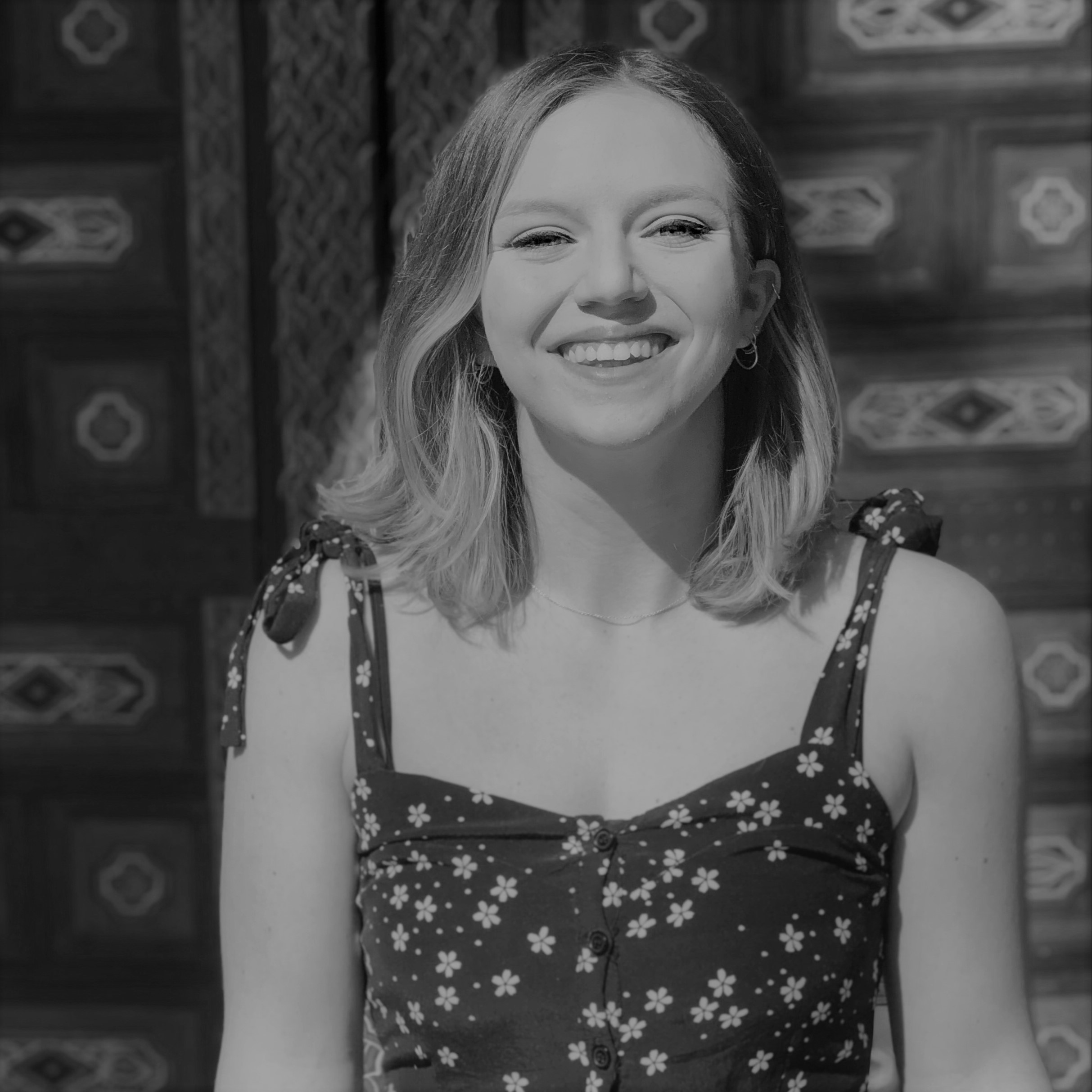
Ecological Brain PhD student 2019-2023
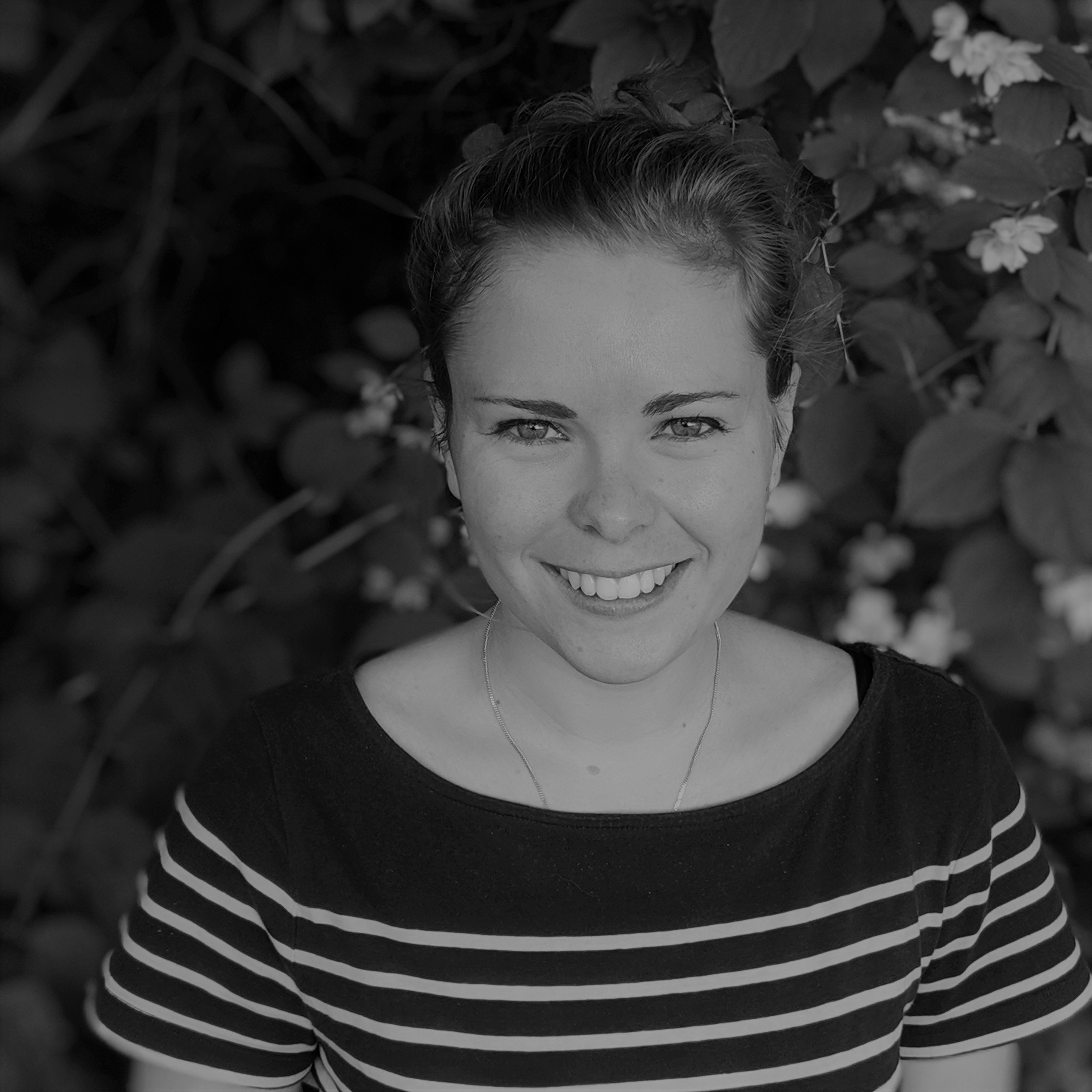
Ecological Brain PhD student 2019-2023
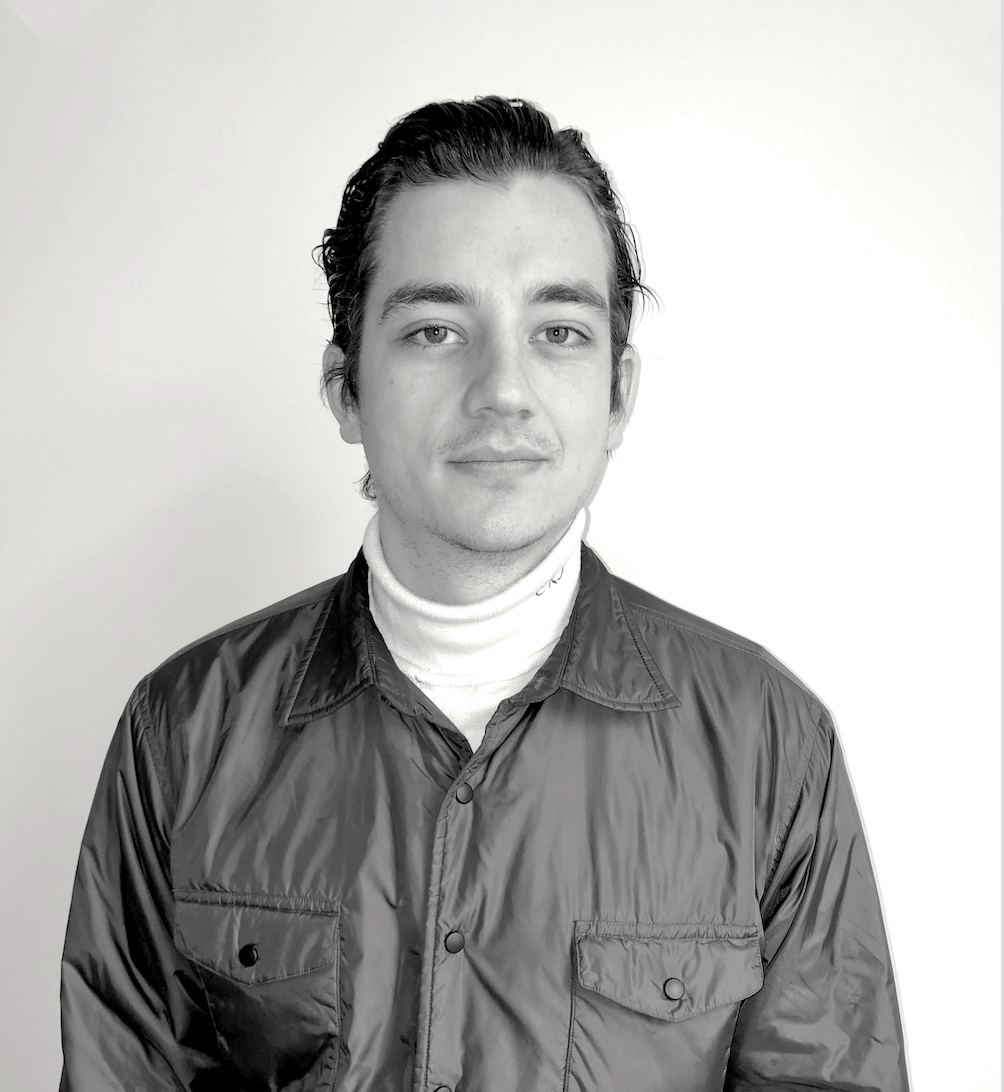
Ecological Brain PhD student 2019-2023
During my last year studying philosophy at the University of Cambridge I became fascinated with Wittgenstein’s critique of a Cartesian understanding of the mind and potential implications for modern theory and practice in Cognitive Neuroscience. My current research therefore evolves around conceptual representation from an embodied and situated perspective. More specifically, I am investigating to what extent contextual information can modulate how concepts are encoded in the brain, and how this relates to representations in state of the art transformer-based language models (like GPT-3). Rather than using isolated experimental paradigms, the Ecological Brain DTP allows me to pursue my studies of the brain in naturalistic settings with rich contextual structure.
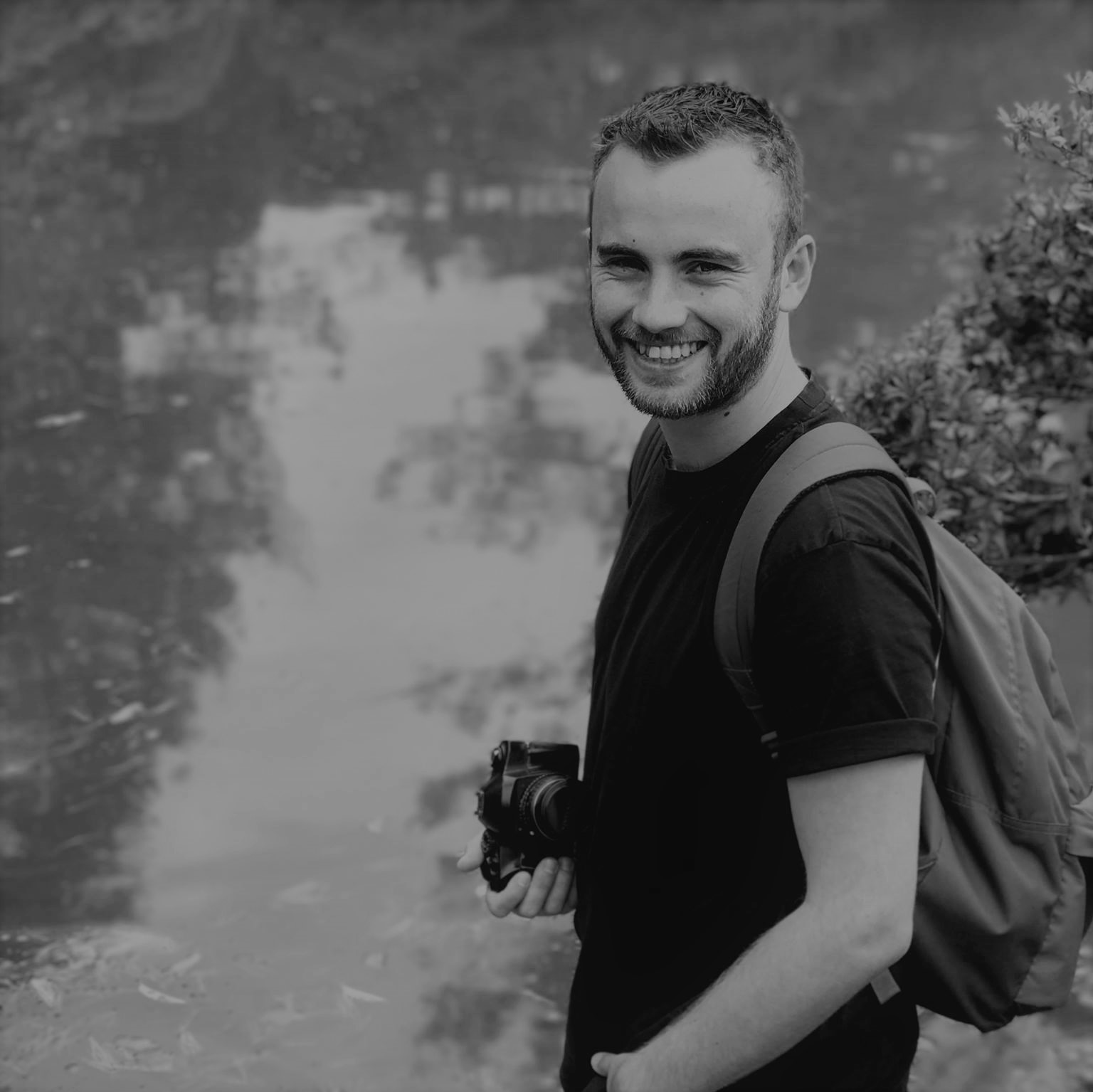
Ecological Brain PhD student 2019-2023

Ecological Brain PhD student 2019-2023
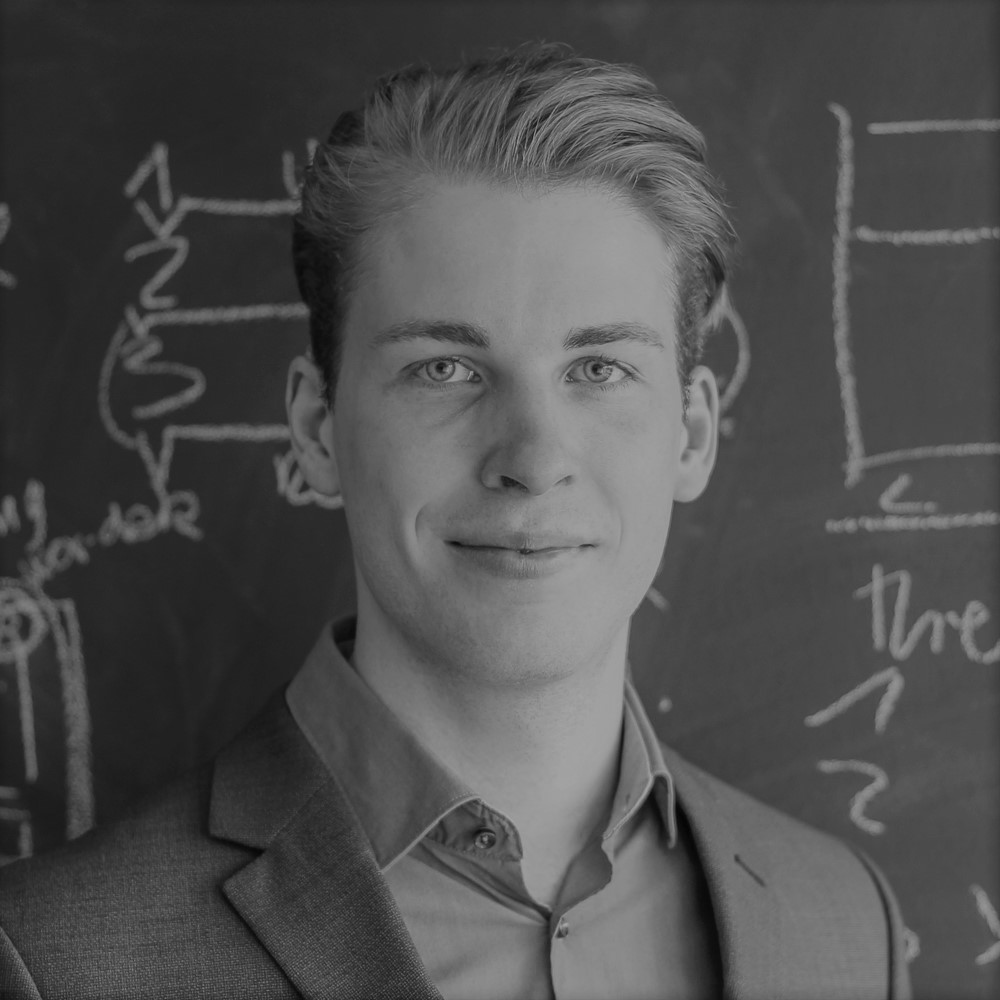
Ecological Brain PhD student 2019-2023
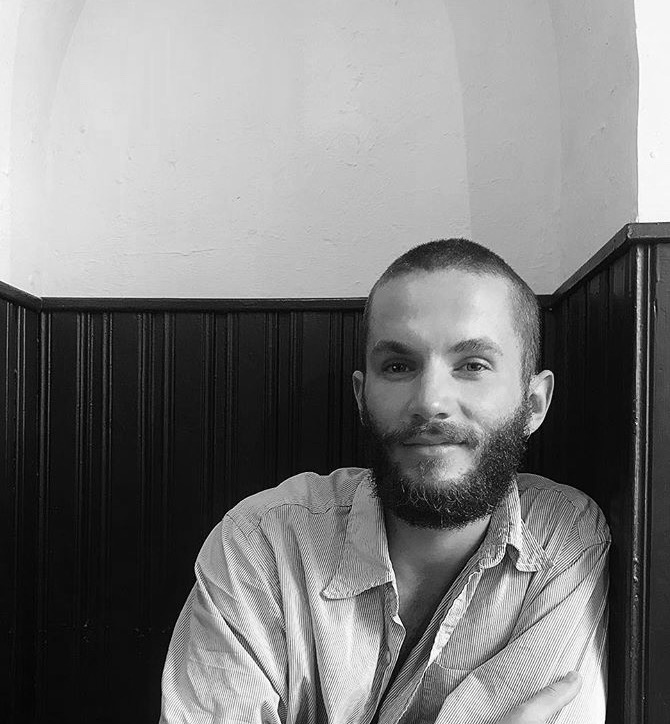
Ecological Brain PhD student 2020-2024

Ecological Brain PhD student 2020-2024
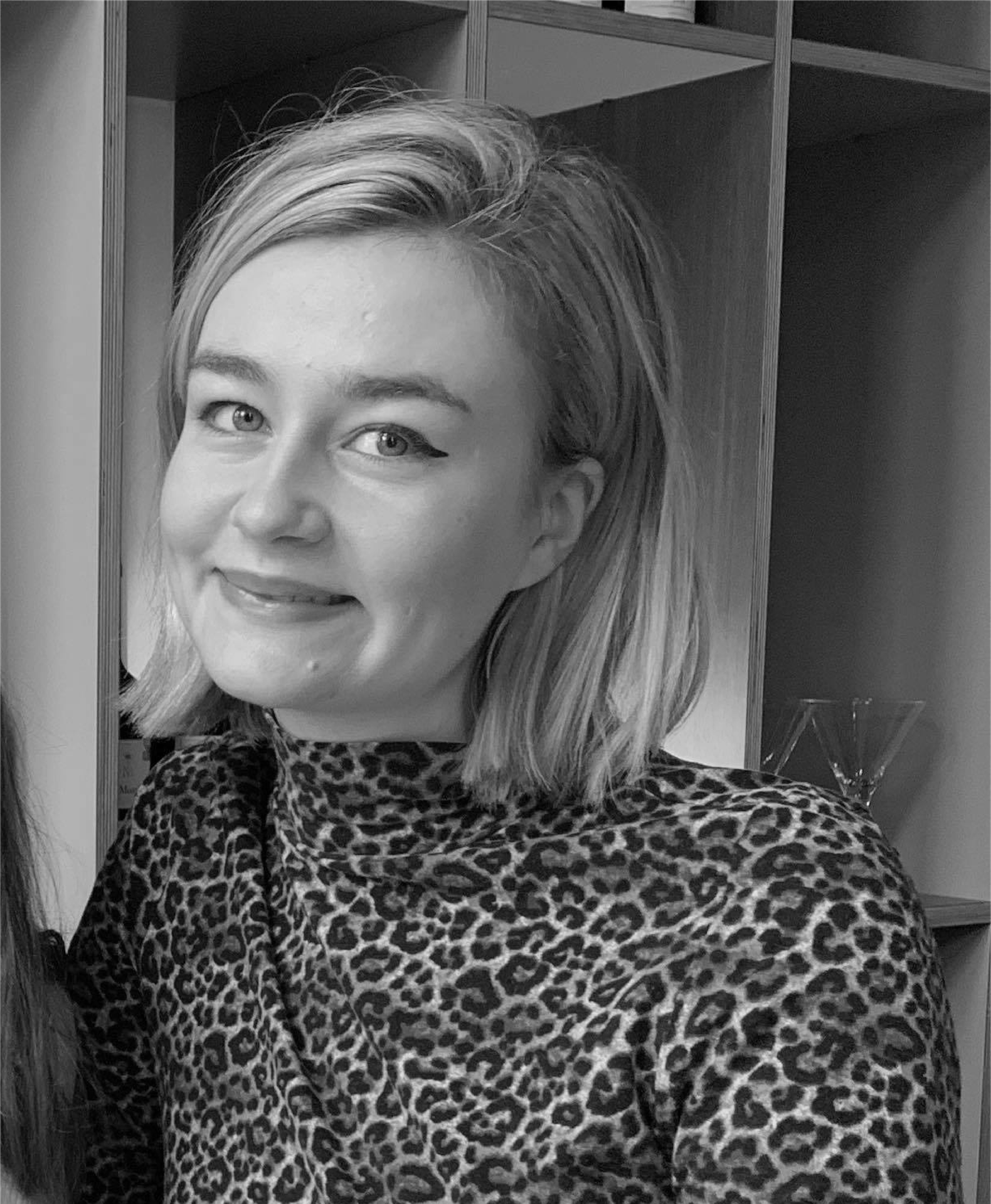
Ecological Brain PhD student 2020-2024
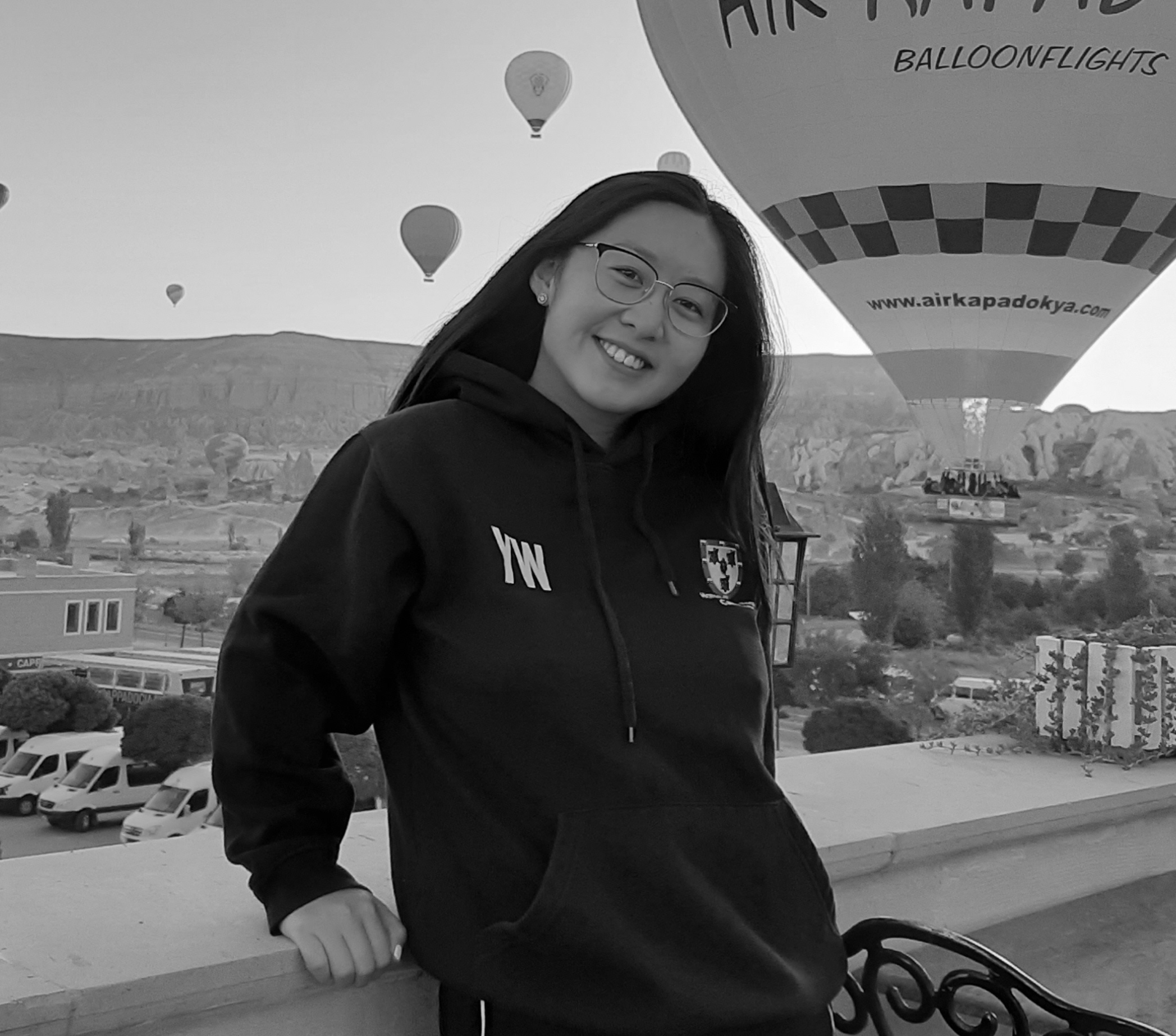
Ecological Brain PhD student 2020-2024
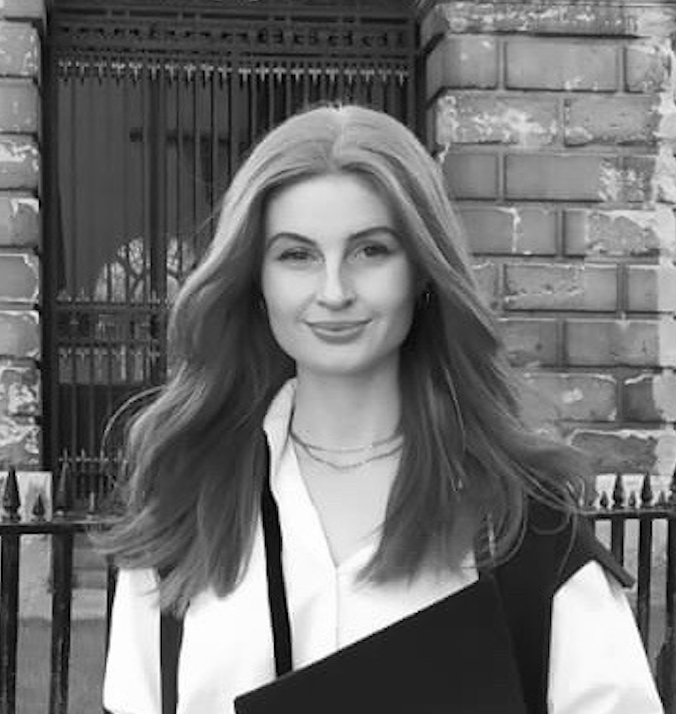
Ecological Brain PhD student 2021-2025

OLIVIA MACMILLAN-SCOTT
Ecological Brain PhD student 2021-2025
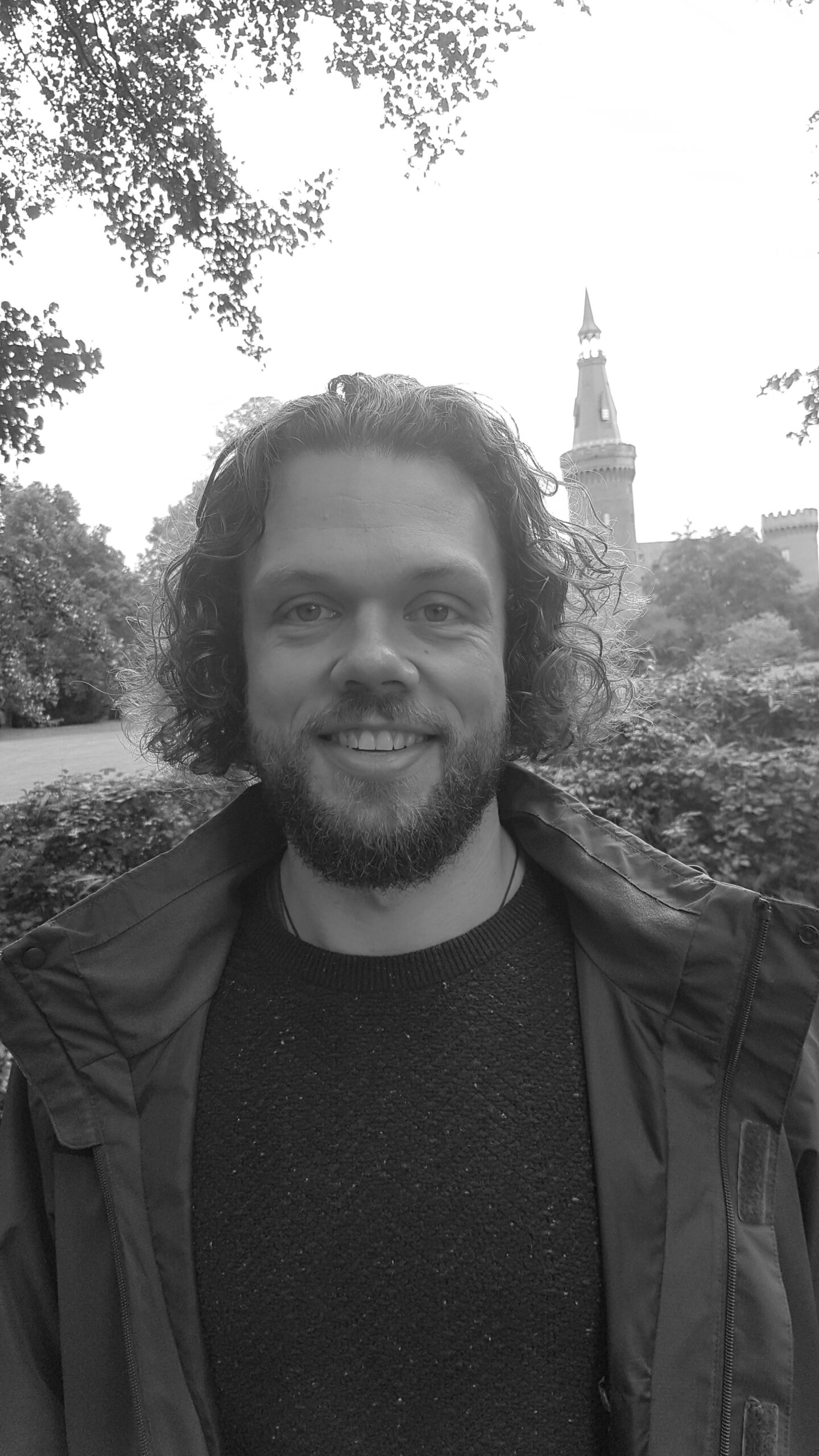
SASCHA WOELK
Ecological Brain PhD student 2021-2025
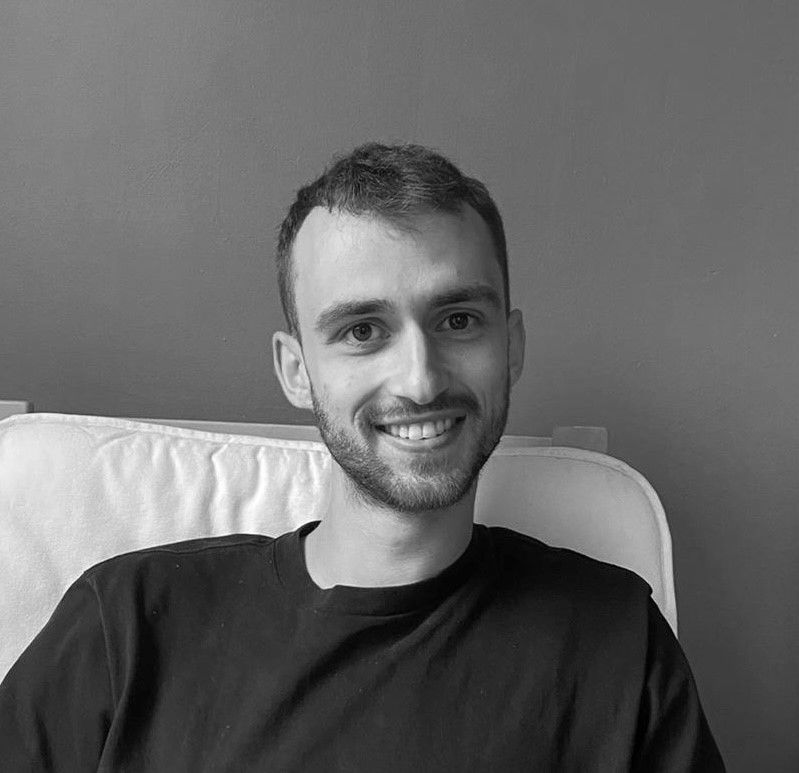
BEN BORTHWICK
Ecological Brain PhD student 2021-2024
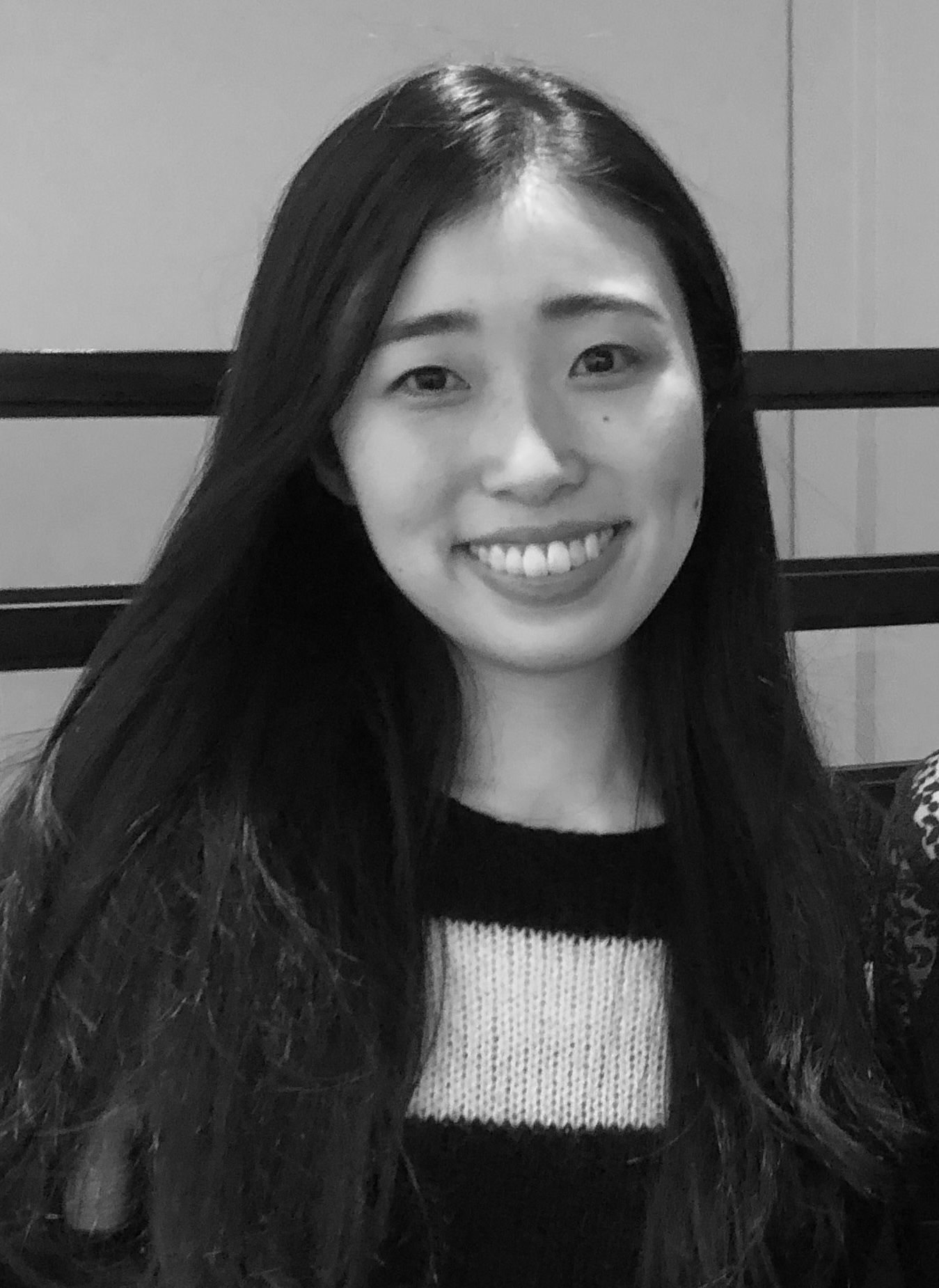
KAHO MAGAMI
Ecological Brain PhD student 2021-2024
I am currently interested in sound saliency, an essential factor in designing alarm sounds and other soundscapes. Having completed my masters in Cognitive Neuroscience at UCL, I have researched the complex nature of alarm sounds under the supervision of Professor Maria Chait. After completing my master’s degree, I took a year to extend my perspective in brain imaging and auditory neuroscience at the University of Tokyo and the University of Tokyo Hospital. I was involved in an fMRI study of ADHD children, as well as working on rhythm perception in animals. Furthermore, I gained exposure in evaluating the effectiveness of an app to alleviate tinnitus perception.
I am excited to start my new journey at the Ecological Brain DTP, as ecological validity is a key concept yet an unexplored area of sound saliency. By researching this area, I hope to open doors in optimizing alarm systems in our chaotic lives.
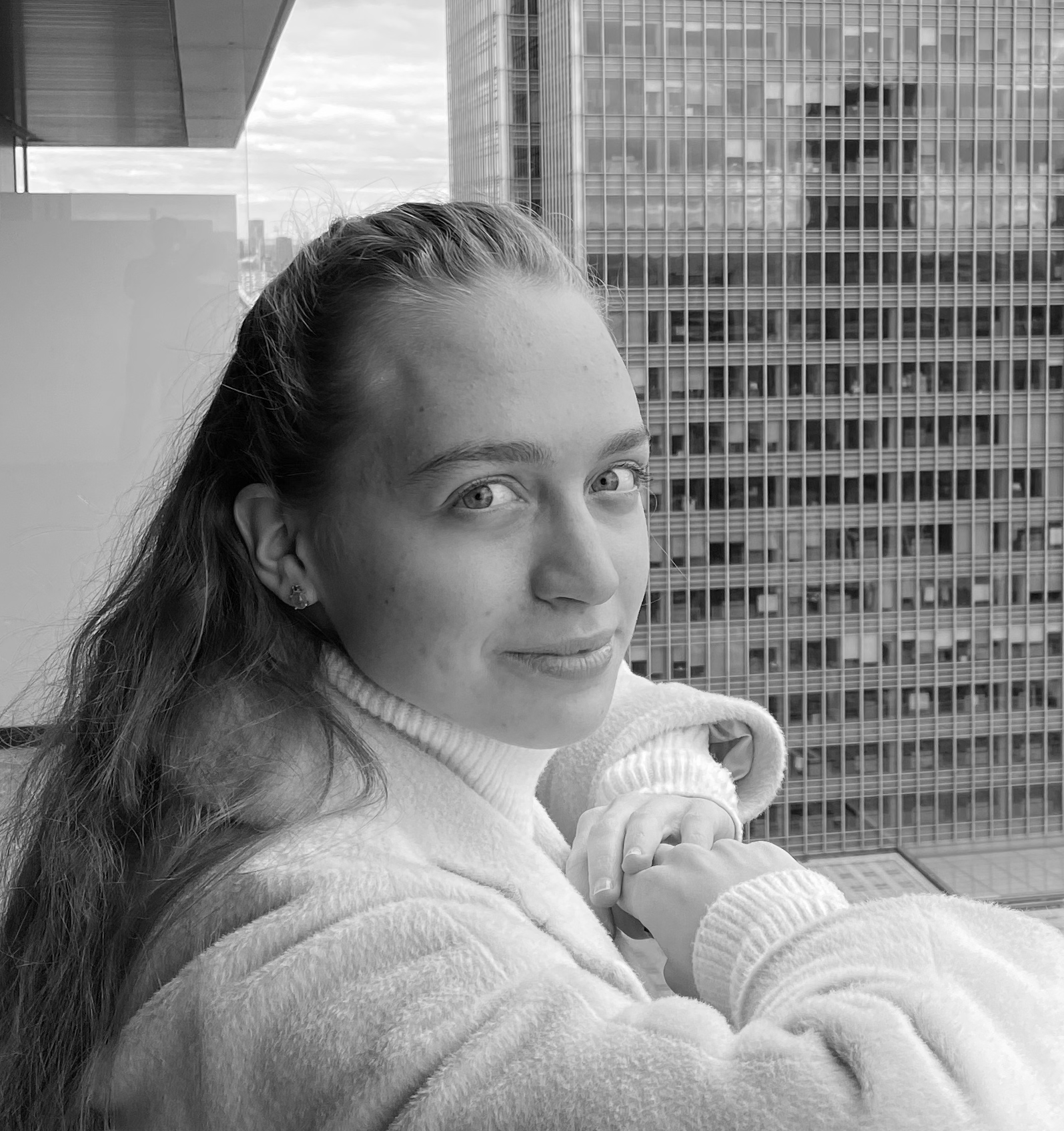
LIZA KARMANNAYA
Ecological Brain PhD student 2022-2025